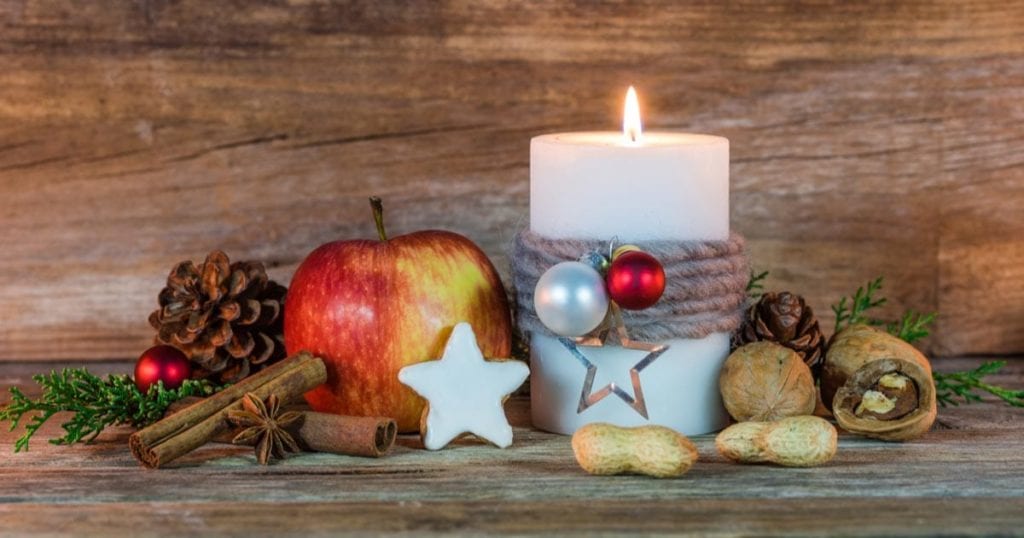For anyone in recovery, especially those new to recovery, the holidays can feel frightening and overwhelming. For some people, this can be a time when old behaviors re-emerge and they are at risk of relapsing. Those in early recovery may feel overwhelmed for a variety of reasons, including:
- Not knowing how to tell people they don’t want to drink or use.
- Fear that they cannot have fun without drinking or using their drug of choice.
- Stress of being with family during the holidays.
- A combination of any of the above.
I want to assure you that it’s absolutely possible to make it through the holiday season without relapsing. Here are a few suggestions that may help as the holidays approach.
Avoid Risky Situations
It’s recommended that you don’t put yourself in risky situations for the first six months of sobriety. These may include business dinners where alcohol is served, weddings, social situations where people may be drinking or using, traveling alone, holiday parties and family gatherings.
Just Say No
If you don’t feel comfortable going to an event or a dinner and it’s something you can miss, give yourself permission not to go. People in your life who are supportive of your sobriety may be disappointed but they will ultimately understand. And, if they don’t, it’s okay. Over time with support from others and as they learn about addiction recovery, they will understand.
Have Fun
At some point, people in recovery find themselves compelled to be in risky situations. If you’re going to attend that holiday gathering make sure you have fun, use your sober safety tools and have a sober safety plan. People define fun in different ways. Over the holidays, sober fun may include enjoying the food, relishing the company of others, cooking, watching sports, going to events, playing games, exercising or attending support group functions such as Alcothons where there are support meetings, food and fellowship throughout the day. These are just my suggestions. There are many ways to have sober fun.
Have a Sober Safety Plan
It’s important to have a sober safety plan and sober safety tools to draw upon during the holidays. One important sober safety tool is using good judgement and avoiding high-risk situations for the first six months of recovery if possible. Other examples of sober safety tools include:
- Having your own transportation.
- Calling your sponsor or sober support before you attend the event and during the event if you start to feel like you may drink or use.
- Keeping a non-alcoholic drink in your hand at all times that you always get for yourself. (This will help prevent other people from offering you drinks.)
- Setting boundaries and avoiding people who do not understand or respect your choice to be abstinent.
- Enjoying yourself! Savor the food. Appreciate the company. Listen to the music.
If you’re in a high-risk situation, have a safety plan. A safety plan is your pledge to leave if you feel like you might drink or use. Regardless of how you felt before you went to the event, when it’s time to leave, it’s time to leave! Whether it’s five minutes or five hours into the event, if you start feeling uncomfortable or have cravings, it’s time for you to go. As the holidays approach, don’t let your anxiety get the best of you. Listen to and trust your sober self and those who support your sobriety. And, get ready to enjoy the holidays in a way that will likely surprise you and perhaps even strengthen your recovery.

